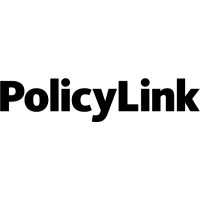
Young Invincibles
Young Invincibles was founded in the summer of 2009, motivated by the recognition that young people’s voices were not being heard in the debate over health care reform. Co-Founders Ari Matusiak and Aaron Smith and a few friends wanted to change that, so they set up a one page website, asking young people to share their stories, believing in their generation’s capacity to stand up and make itself heard. In a little more than a year, ‘YI’ went from a group run out of a law school cafeteria to a national organization, representing the interests of 18 to 34 year-olds and making sure that our perspective is heard wherever decisions about our collective future are being made. We do this through conducting cutting-edge policy research and analysis, sharing the stories of young Americans, designing campaigns to educate on important issue areas, informing and mobilizing our generation and advocating to change the status quo. We still believe in our generation – now more than ever. We know that our generation will define the future we share as a nation. These are difficult times. But this is also our time. Why don’t you join us today?






